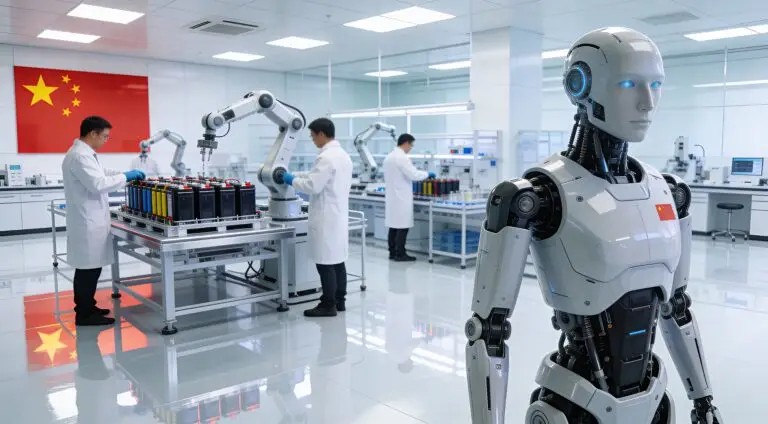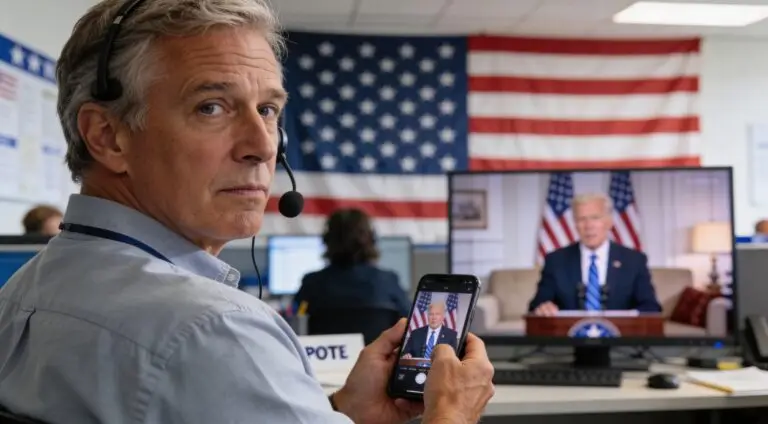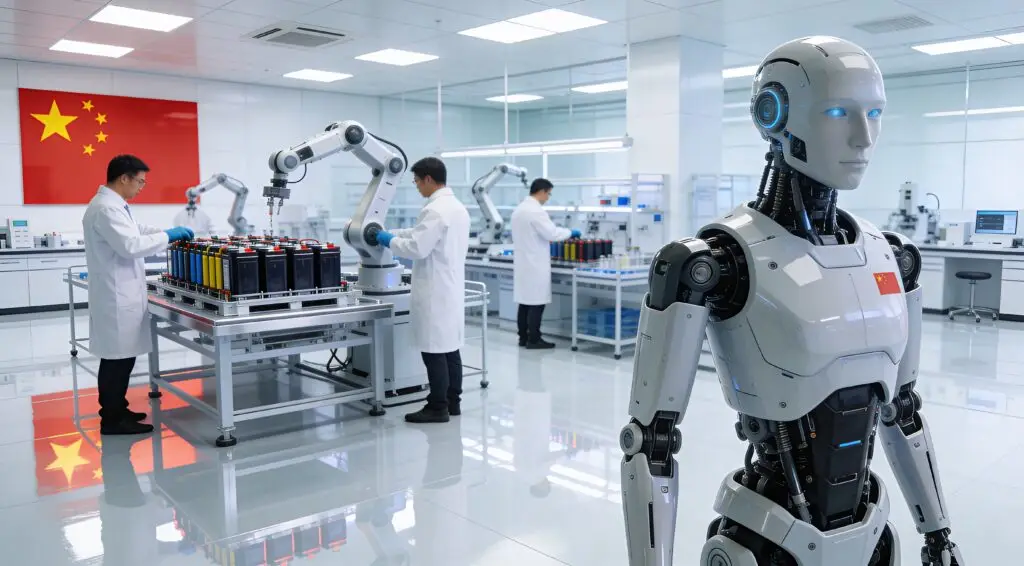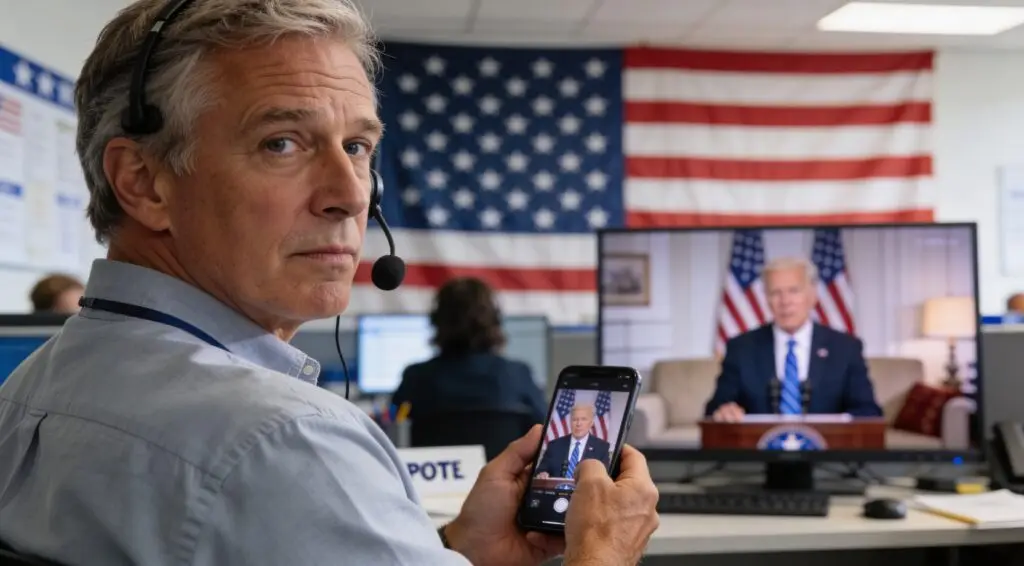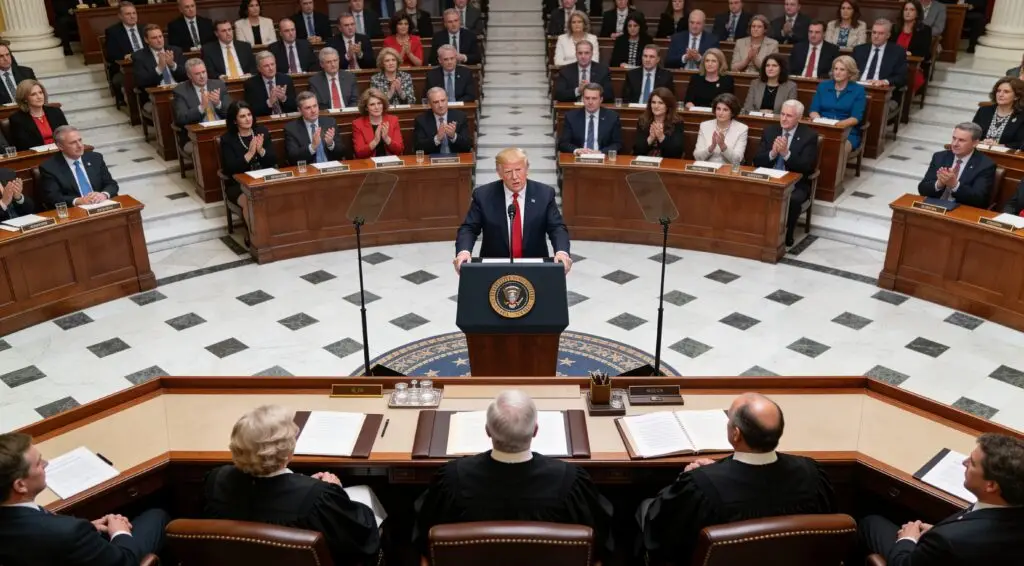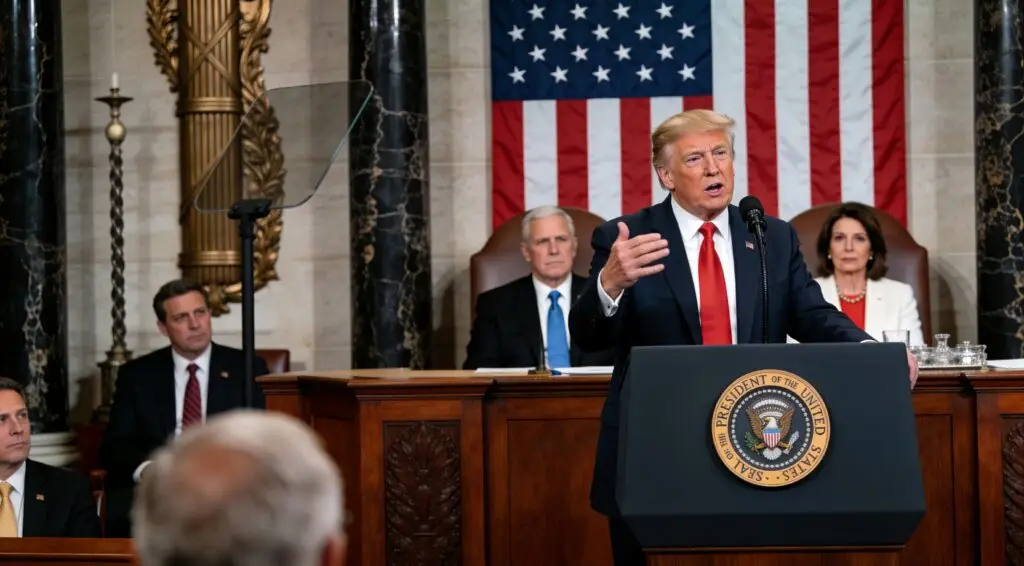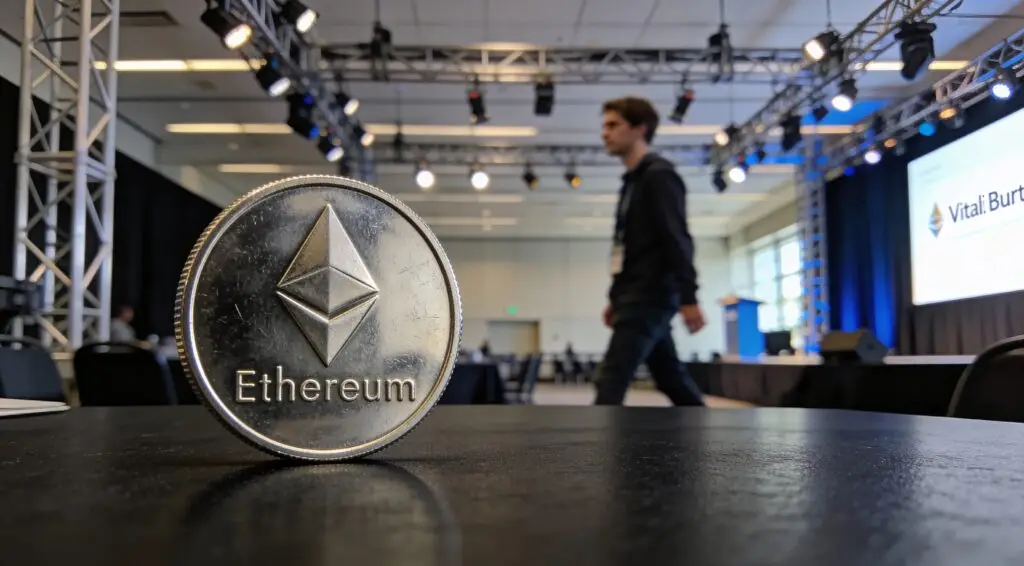UNESCO Enhances AI Adoption in African Educational Settings
UNESCO has announced a groundbreaking partnership with the KIX Africa 21 Hub to accelerate AI integration across Francophone Africa’s education systems. The collaboration launches with pilot programs in Benin, Burundi, Côte d’Ivoire, and Senegal, aiming to equip teachers and students with vital digital and AI skills for a rapidly evolving world.
The initiative strives to ensure that artificial intelligence fosters educational equity rather than amplifying existing digital divides. By embedding AI literacy into national education frameworks, UNESCO and KIX seek to prepare future generations for a technological era that values creativity, inclusivity, and human-centered learning.
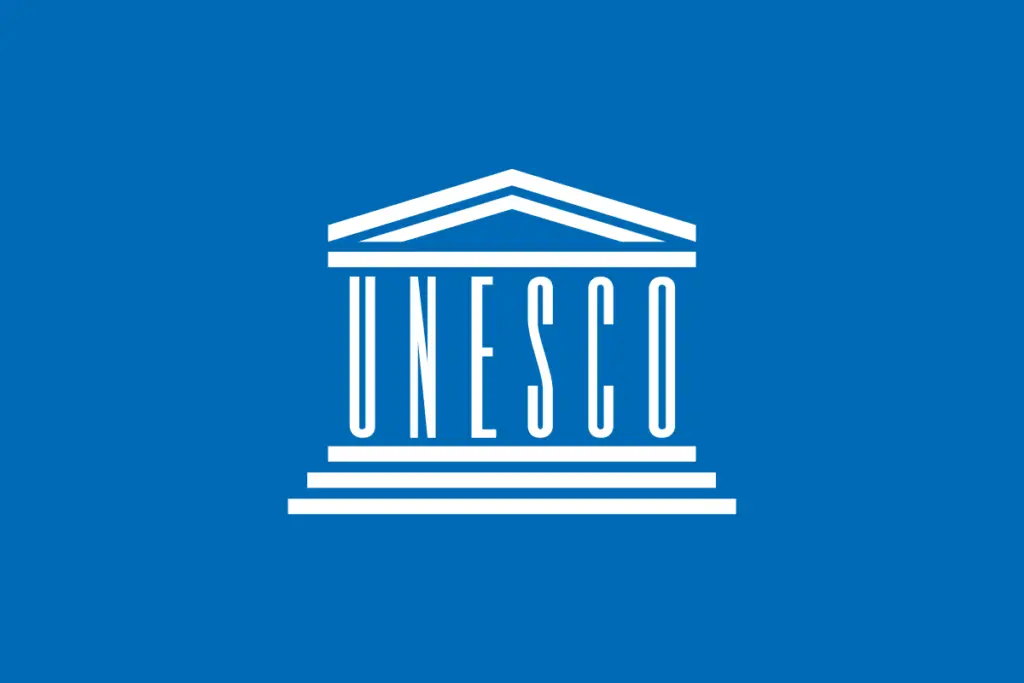
Building AI Competency Frameworks for Teachers and Students
At its core, the initiative focuses on developing national AI competency frameworks essential blueprints for countries integrating AI and digital literacy into education. These frameworks define clear standards for teacher training, curriculum design, and the responsible use of AI tools.
According to Shafika Isaacs of UNESCO, the program emphasizes collaboration between educators and technology. “AI should be developed in collaboration with educators,” she explained, reaffirming that technology should enhance, not replace, the irreplaceable human role in the classroom.
Côte d’Ivoire Takes the Lead in AI Education Reform
Côte d’Ivoire stands out as an early leader among the pilot nations. In September, more than 40 participants gathered in Abidjan for a workshop focused on expanding the nation’s ICT competency framework to include AI and digital citizenship. The updated framework highlights analytical thinking, civic participation, and responsible AI use.
This initiative supports Côte d’Ivoire’s broader digital transition, aligning with the National Digital Education Policy (2024–2030) and the National Strategy for the Digitalization of Education (2024–2028). Collectively, these programs are positioning the country as a model for inclusive, tech-enabled learning in West Africa.
Recommended Article: Trump Posts AI Video as ‘King Trump’ Flying Fighter Jet Online
Advancing Education Through Community Languages
A vital component of the collaboration focuses on local language inclusion to promote equitable access to learning. Through UNESCO’s Translate a Story program and the Global Digital Library, educators and linguists are translating digital storybooks and learning materials into regional languages to enhance literacy and cultural relevance.
“The availability of knowledge is also influenced by language,” noted KIX Coordinator Dr. Maïmouna Sissoko Touré. “All educators, regardless of linguistic or cultural background, should have equal opportunities to use digital tools.” This language-centered approach ensures that AI-powered education promotes fairness across geographic and social boundaries.
Benin Moves Forward With Its AI and Digital Strategy
Benin has formally joined the initiative, integrating AI learning into its National Strategy for AI and Big Data. The Ministry of Early Childhood and Primary Education has pledged to establish a national framework aligned with Benin’s broader digital transformation goals.
By encouraging collaboration among educators, policymakers, and tech experts, Benin aims to create a replicable model that other African nations can adopt to close the digital literacy gap and strengthen 21st-century learning skills.
A Teaching Philosophy Centered on Humanity and AI
UNESCO underscores that technology should complement, not replace, human interaction in education. The organization’s stance aligns with the Santiago Consensus from the World Teachers Summit, which calls for responsible AI deployment and co-creation of digital resources that empower educators.
This philosophy ensures that AI in education nurtures creativity, empathy, and critical thinking rather than mechanical automation. Teachers remain the heart of innovation, serving as facilitators who humanize technology’s role in learning.
Toward a Sustainable and Inclusive Digital Future
Through this partnership, UNESCO and the KIX Africa 21 Hub are laying the foundation for a sustainable, inclusive digital education ecosystem across Africa. The program integrates AI skill development, ethics, and multilingual accessibility to foster equity in every classroom.
These pilot projects illustrate that innovation can emerge not only from corporate laboratories but also from communities and classrooms. With UNESCO’s continued support, Africa’s educators and students are ensured a place in the global digital transformation one defined by inclusivity, creativity, and opportunity for all.


